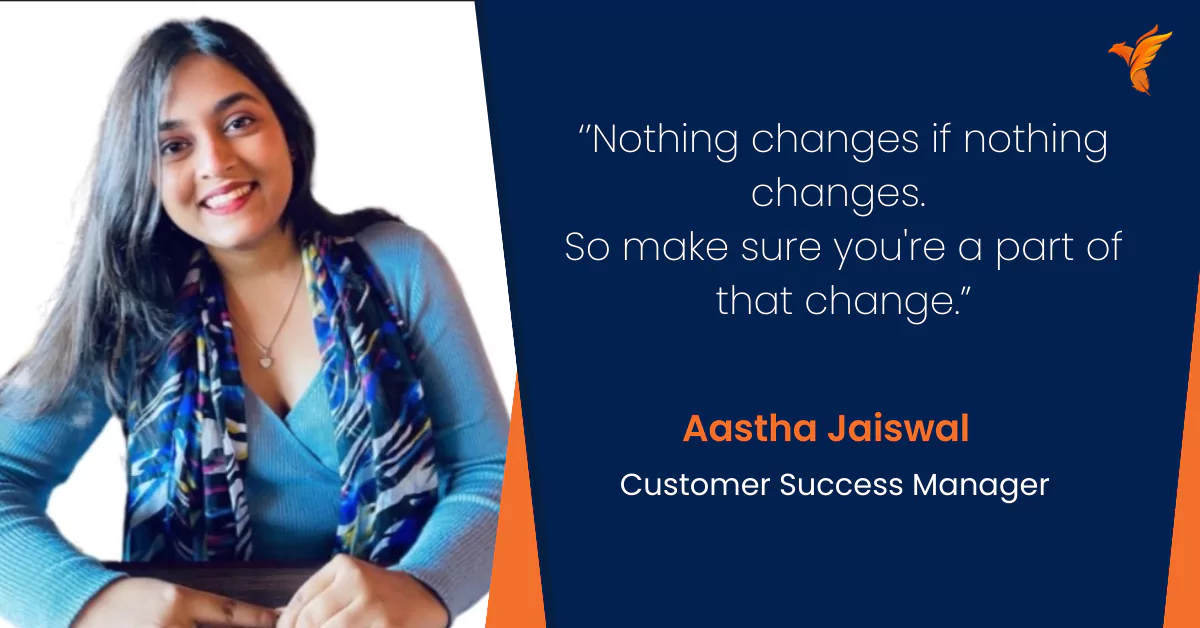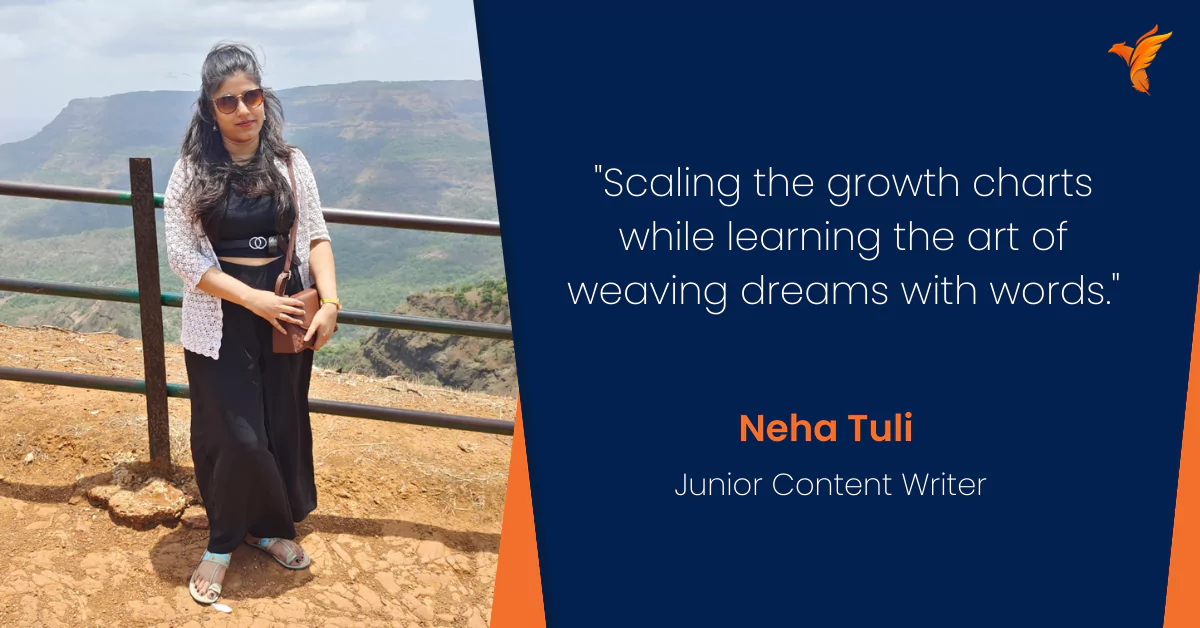The Best Guide for building a Successful Social Media Strategy
Author: Team WH
Published On: 13-06-23
Last Updated on: 11-12-23
Estimated reading time: 5 minutes
People love viewing engaging posts on platforms like Facebook, Instagram, YouTube, and WhatsApp. This is why businesses and services today are keen on leveraging the power of social media. And if you, too, want to optimise your content marketing, you must know how to build a successful social media strategy.
And before we begin, here’s a word of advice. Social media plans may take a little time to bear fruit. The key lies in being consistent with your posts and following the strategies that leverage data.
Social Media Platforms and Why They Matter

A few years ago, social media was popular for networking and connecting with family and friends. But, fast forward to today, these platforms have become the biggest game changers for businesses.
One can reach millions of users quickly with just a single ad post. This approach eliminates spending considerable time and money on ad banners or TV commercials. All one requires is an effective social media content strategy to reach their target audience.
Social media can today help in several other ways, such as:
- Building Brand Awareness: Social networks can be your best bet to increase brand awareness if you are a new business or service.
- Increasing Website Traffic: Try driving traffic to your website through posts and stories.
- User Engagement: Want to humanise your brand among customers? Try interacting on social media.
- Product Launches: Create curiosity about your product and schedule an online event for your next launch.
- Market research: Know what your customers think about your product or category through polls and surveys.
- Customer Support: Make your brand more approachable by allowing customers to reach you online.
These can be some of the advantages of increasing your business’s presence on social media. But are these only theoretical, or have such social media campaigns worked before?
If you are eager to know the answer, read on to find out!
What Are Some Successful Social Media Campaigns?

An excellent example of social media marketing strategy is Swiggy’s Voice of Hunger campaign. In 2019, the campaign prompted individuals to craft food-shaped waveforms through voice notes.
Any guesses on the outcome?
- In just 12 hours, the event attracted over 10,000 participants.
- The campaign received multiple accolades at Cannes Lion 2019.
- Swiggy’s Instagram handle experienced a remarkable 40% increase in followers.
Phenomenal, right?
Besides Swiggy, there are campaigns like Spotify’s ‘There’s a Playlist For That,’ Cred’s ‘Not Everyone Gets It,’ and Byju’s’ ‘Master Ji’ campaign. All of the above movements have been highly successful both in revenue and lead generation.
This is why knowing how to build a successful social media strategy is essential.
Building a Social Media Strategy

A social media strategy involves developing a systematic plan to leverage social media channels for specific purposes. Simply said, it is your marketing roadmap to achieving your objectives on social media.
Developing a roadmap involves several elements, some of which include:
Setting Objectives and Business Goals
- Establish measurable objectives for your social media presence.
- Goals can be enhancing customer involvement, raising brand exposure, or creating a sense of community.
Choosing a Target Audience
- Understand your target demographic’s preferences, behaviours, and interests by conducting research.
- Ensure your content, messaging, and interaction strategies are appropriate for your target demographic.
Making the Best Social Media Platform Choices
- Determine which platforms fit your target market and goals.
- Pay special attention to the platforms that are most useful to your audience.
Creating a Content Strategy
- Plan your content strategy, publication schedule, themes, and messaging.
- Pick suitable material types, including text, photographs, videos, infographics, or live streaming.
Studying Your Competitors
- Analyse the social media activities of your competitors.
- Check out their posts, stories, and ads to understand why they work.
Consistent Updates
- Remember, customer preferences slightly modify with time.
- Consistently learn about the latest happenings in the market.
Leveraging Paid Advertising
- While generating organic leads is good, opting for paid ads can help take your campaign to the next level.
- Set a budget and choose your target audience according to your brand’s requirements.
Engage With Your Audience
- Look out for comments on your posts or DMs and reply promptly.
- Interact through your stories or by going live periodically.
As evident, social media strategy involves researching your audience to select the best approach.
Let’s explore some advantages of opting for a social media marketing campaign.
Advantages of Social Media Campaigns
Sharing Your Story
- You can tell your story using various social media platforms.
- This storytelling enables the audience to connect to your brand emotionally.
Starting on Limited Budget
- No matter your budget, you can start a campaign to boost your brand.
- Select from daily, weekly, or monthly spending.
Staying at the Forefront of People’s Minds
- Since people spend significant time on social platforms, online presence enables brand recognition.
- Remember, out of sight is out of mind. So make the most of social platforms.
Gaining Insights on Your Competitors
- Your competitors’ campaigns can be your best teachers.
- Remember to observe and analyse why some work and some don’t.
Conclusion
While traditional marketing methods still hold importance, embracing digital strategies, including social media marketing, is highly recommended. Knowing how to build a successful social media strategy will generate tremendous brand awareness.
Besides understanding the creation of a campaign, it is also essential one sticks to the plan of action. This implies that the lower numbers during the initial phases must not drive one to abandon the campaign. It’s essential to keep creating compelling social media posts and give them enough time to work their magic.
Frequently Asked Questions
1. What is a social media strategy?
A social media strategy is a plan of action to boost your brand across social media. It is a comprehensive plan that outlines how you will use social media platforms to achieve your marketing and branding goals. It includes objectives, target audience identification, content planning, posting schedules, and metrics for measuring success.
2. What should I consider when choosing social media platforms for my strategy?
While selecting a platform, check for your target audience’s interests, demographics, usage, etc. For instance, if your audience is business professionals, LinkedIn works best. And if you are targeting millennials, Instagram could be a better platform.
3. How does social media affect marketing strategy?
Social media has a significant impact on marketing strategy by providing a dynamic platform to reach and engage with audiences. It allows for real-time interaction, customer feedback, and content sharing, making it an essential component for building brand awareness, driving leads, and fostering customer loyalty.
4. What factors should companies keep in mind when developing social media strategies?
When developing social media strategies, it’s important that companies consider their target audience, platform selection, content relevance, consistency, competitor analysis, and the use of analytics tools to measure performance. Ensuring alignment with overall business objectives is crucial.
5. What should a social media strategy include?
A robust social media strategy should include clear goals and objectives, a detailed audience profile, content creation and distribution plans, posting schedules, engagement tactics, crisis management guidelines, and methods for tracking and analyzing performance metrics.























































































































